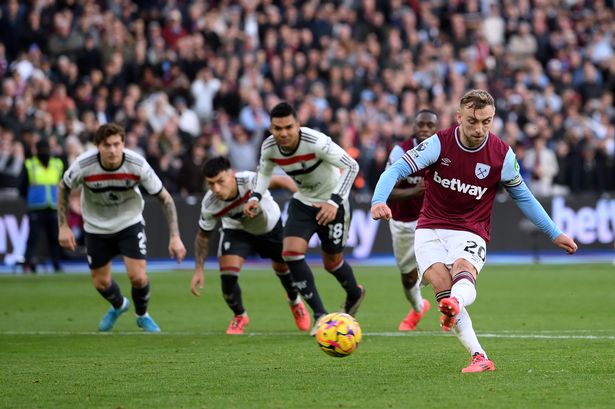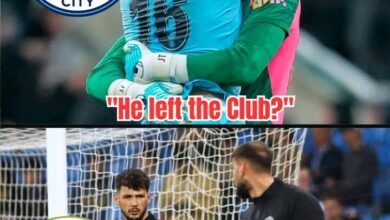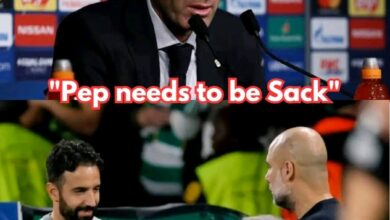‘What VAR is for’- ex-Premier League referee reacts to Chelsea and Newcastle United penalty appeals

In the wake of Newcastle United’s defeat to Chelsea, former Premier League referee Dermot Gallagher has offered his insights on several contentious moments from the match. Gallagher, known for his expertise and understanding of the game’s rules, believes that referee Simon Hooper missed a significant foul involving Newcastle midfielder Bruno Guimaraes. However, he also insists that this incident should not have resulted in a penalty.
The match featured numerous talking points, particularly surrounding key decisions that could have impacted the outcome. One of the most debated moments occurred when Guimaraes was tripped just outside the penalty area by Chelsea defender Levi Colwill. This incident unfolded early in the match and denied Guimaraes a clear opportunity to score. According to Gallagher, this was a clear foul that warranted a free kick and potentially a yellow card for Colwill.
Gallagher explained that VAR did not intervene in this case, as the foul took place outside the penalty area. He noted that while Hooper missed the foul, it was crucial for the game’s flow that such incidents are properly adjudicated. He stated, “It’s outside the box! I think he’s missed a foul, it’s a foul and a yellow card. It’s not a red, there’s players around and the ball is going the wrong way. But it is a foul.”
Guimaraes himself expressed frustration following the match, asserting that the referee should have at least checked the incident. He argued that it was a clear foul that prevented him from having a one-on-one scoring opportunity. Guimaraes suggested that a yellow card could have been issued to Colwill, which would have had further implications for the match, especially since Colwill received another yellow card later in the game.
As the match progressed, tension mounted as Chelsea sought to extend their lead. In the dying moments, Chelsea’s Christopher Nkunku was brought down in the penalty area, prompting a wave of appeals from the Chelsea players. Initially, the referee pointed to the spot, signaling a penalty. However, after a lengthy VAR review, the decision was overturned. Gallagher supported the decision, explaining that minimal contact had occurred, and it was the right call to reverse the penalty.
“This is exactly what VAR’s for,” Gallagher said, emphasizing the technology’s role in improving officiating decisions. He praised the VAR team’s intervention, noting that it demonstrated the system working as intended. Gallagher expressed confidence in the decision-making process, stating, “I didn’t think it was a penalty at the time, and it’s not a penalty now.”
The match highlighted ongoing discussions around the use of VAR in football. Critics often point to inconsistencies in its application, while supporters argue that it enhances the accuracy of officiating. Gallagher’s comments reflect a nuanced understanding of the challenges referees face during high-pressure matches, where split-second decisions can alter the course of a game.
Newcastle’s defeat was disappointing for the team and its supporters, especially given the contentious nature of the decisions. The players felt that they were on the wrong end of critical calls that could have changed the match’s dynamics. Guimaraes, as the captain, felt a personal responsibility to voice these frustrations, urging that players deserve fair treatment on the pitch.
As the season progresses, Newcastle will need to regroup and focus on their next matches, addressing both their performances and how they handle critical decisions. The team has shown potential, but consistency in execution and dealing with adverse situations will be vital for their aspirations this season.
Gallagher’s analysis serves as a reminder of the complexities involved in officiating at the highest levels of football. With technology like VAR in play, there is hope for greater accuracy, yet the human element of decision-making remains crucial. As discussions about officiating continue, it will be interesting to see how teams and referees adapt to these evolving standards in the sport.
Ultimately, the Chelsea vs. Newcastle match will be remembered not just for its outcome but for the debates it sparked regarding fairness and accountability in football officiating.















